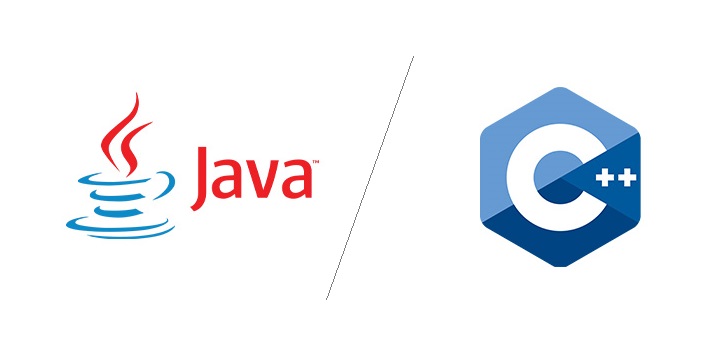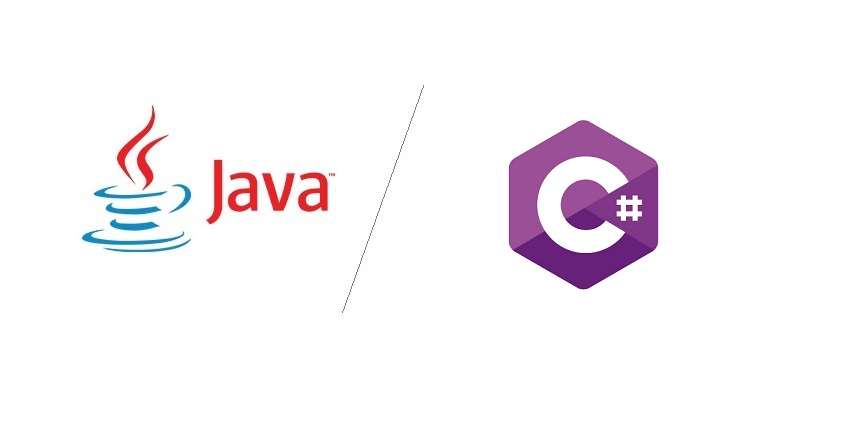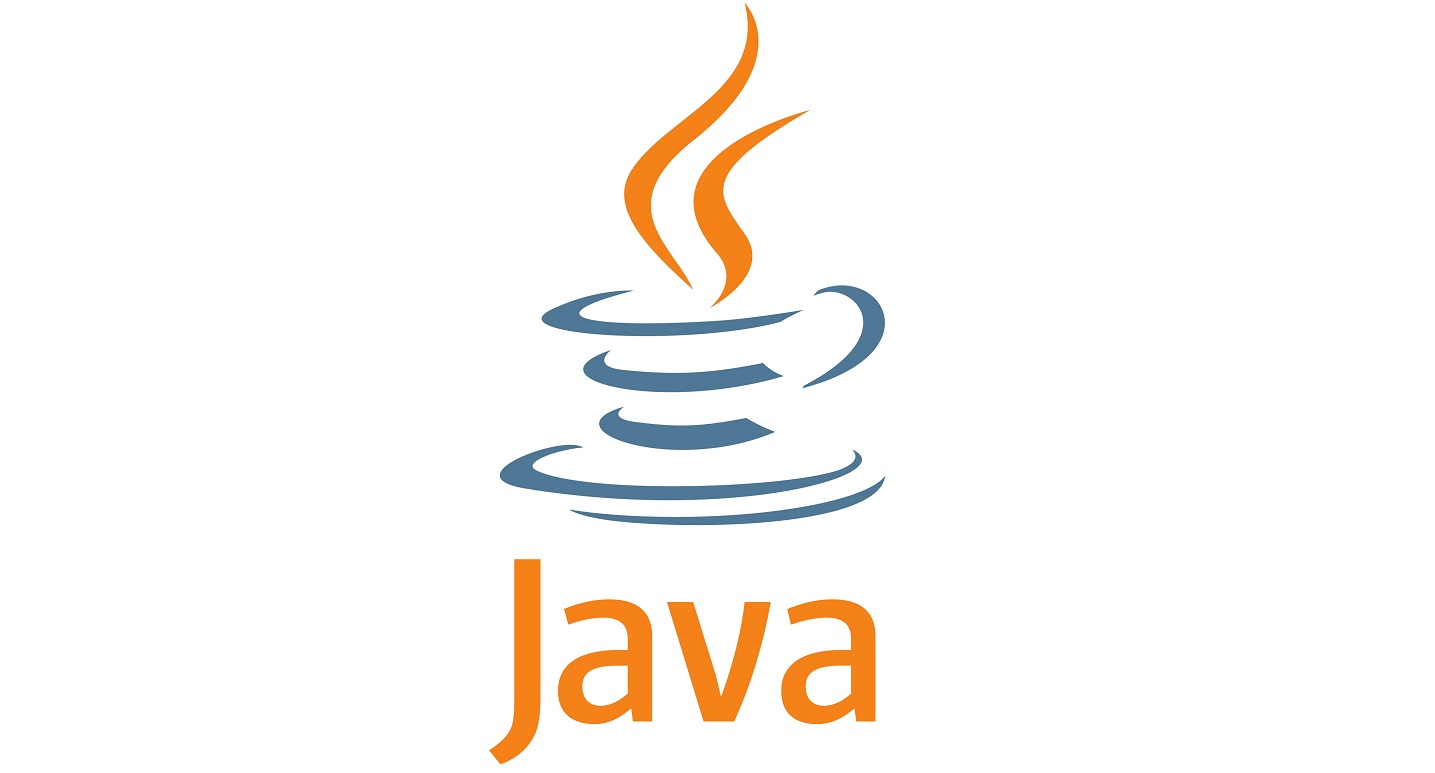Java vs C++ - a fair comparison
Veröffentlicht am

Veröffentlicht am

RemoteScout24 · Veröffentlicht am 2023-07-02 14:01:01.0
RemoteScout24 · Veröffentlicht am 2023-06-29 14:01:01.0
RemoteScout24 · Veröffentlicht am 2023-06-25 14:01:01.0
RemoteScout24 · Veröffentlicht am 2023-06-25 14:01:01.0



